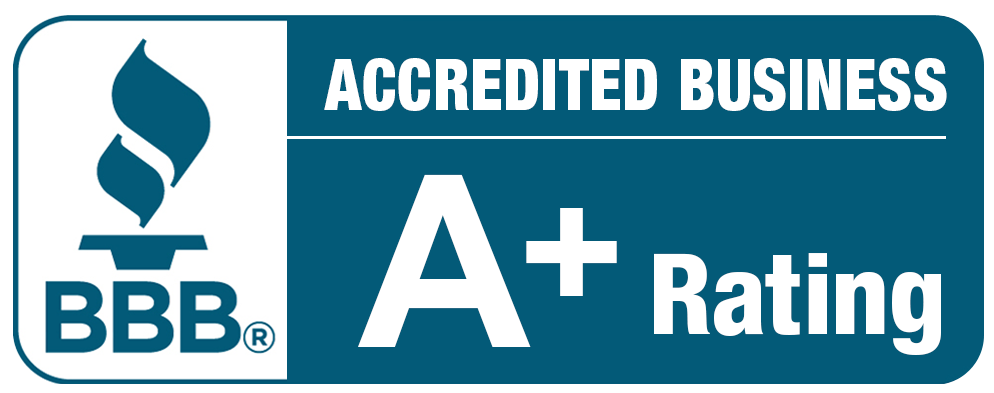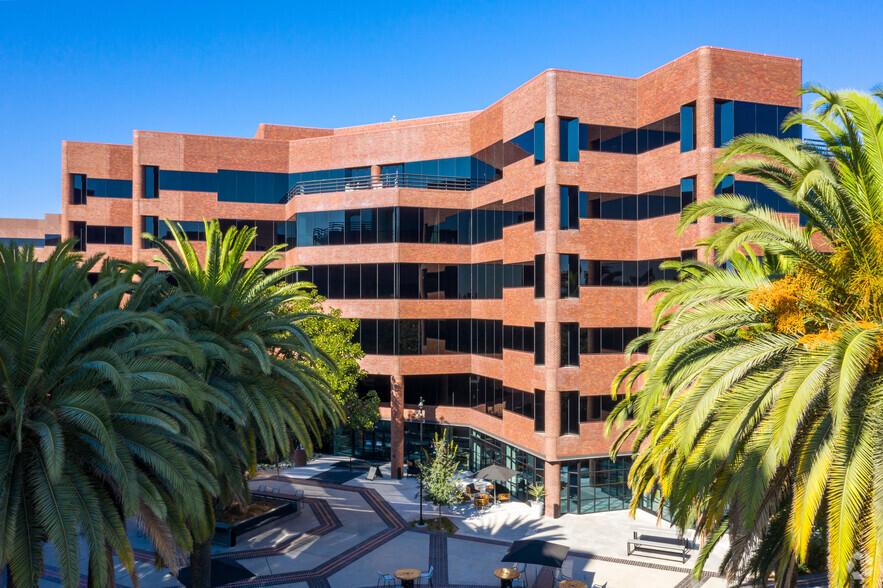In the ever-evolving landscape of business finance, choosing the right funding option is crucial for the growth and success of your enterprise. Two popular choices that often come into play are Merchant Cash Advances and Traditional Loans. Each has its own set of advantages and disadvantages. In this comprehensive guide, we will delve deep into the world of Merchant Cash Advances vs. Traditional Loans, providing you with insights, comparisons, and expert advice to help you make the best decision for your business’s financial health.
Merchant Cash Advances, often abbreviated as MCAs, have gained popularity in recent years due to their flexibility and accessibility. But what exactly are MCAs, and how do they work?
Merchant Cash Advances differ from Traditional Loans in fundamental ways. While Traditional Loans involve borrowing a lump sum from a financial institution and repaying it over time with interest, MCAs are more like cash advances based on your future credit card sales. Here’s a closer look at the key differences:
Repayment Structure: In a Traditional Loan, you have fixed monthly payments. In contrast, MCAs involve daily or weekly payments, often a percentage of your credit card sales.
Approval Process: Traditional Loans typically require a thorough credit check, a solid credit history, and collateral. MCAs, on the other hand, focus more on your daily credit card sales and cash flow, making them more accessible to businesses with lower credit scores.
Time to Funding: MCAs are known for their speed. You can often get funds within a few days, while Traditional Loans may take weeks or even months to be approved and disbursed.
Cost: While MCAs offer quick access to capital, they come with higher costs in the form of factor rates, which can translate to a higher total repayment amount compared to Traditional Loans with fixed interest rates.
Now that we’ve outlined the basic differences, let’s delve into the advantages and disadvantages of Merchant Cash Advances:
Quick Access to Funds: If you need cash urgently, MCAs are hard to beat. You can get funds in as little as 24 to 48 hours, which can be a lifesaver in emergencies.
Flexible Repayment: MCAs don’t have fixed monthly payments. Instead, they take a percentage of your daily credit card sales. This means that during slow periods, your payments adjust accordingly.
No Collateral Required: MCAs are unsecured, so you won’t need to put up assets as collateral, reducing the risk to your business.
Higher Cost: The convenience of MCAs comes at a price. Factor rates can lead to a much higher total repayment amount compared to Traditional Loans.
Daily Repayments: For some businesses, daily repayments can be challenging to manage, especially during slow periods.
Not Suitable for All Businesses: MCAs are better suited for businesses with consistent credit card sales. If your sales fluctuate significantly, the daily repayment model may not be ideal.
Traditional Loans have been the go-to financing method for businesses for generations. Here’s what you need to know about this classic approach:
Traditional Loans and MCAs serve the same purpose—providing capital for your business. However, they do so in markedly different ways. Let’s explore this comparison further:
Repayment Structure: Traditional Loans come with fixed monthly payments, making it easier to budget. MCAs, on the other hand, have daily or weekly payments tied to your credit card sales.
Eligibility Criteria: Traditional Loans typically require a strong credit history, collateral, and a well-established business. Startups and those with poor credit may find it challenging to secure traditional financing. MCAs focus more on your daily cash flow and credit card sales, making them accessible to a broader range of businesses.
Interest Rates: Traditional Loans have fixed interest rates, while MCAs have factor rates that can result in higher overall costs.
Time to Funding: Traditional Loans usually have a longer approval process, whereas MCAs are known for their quick access to funds.
Let’s dive deeper into the pros and cons of Traditional Loans:
Lower Total Cost: Traditional Loans often have lower total repayment costs compared to MCAs, thanks to their lower interest rates.
Predictable Payments: With fixed monthly payments, Traditional Loans offer predictability in your financial planning.
Ideal for Long-Term Investments: If your business needs capital for long-term investments, such as purchasing real estate or expanding operations, Traditional Loans are a better fit.
Stringent Eligibility: Traditional Loans require a strong credit history and collateral, making them less accessible to startups and businesses with poor credit.
Slower Funding: The approval and funding process for Traditional Loans can be time-consuming, which may not be suitable for urgent financial needs.
Fixed Payments: While fixed payments provide predictability, they can be less forgiving during slow business periods.
Fill the form to request a free Business Debt Consultation Now!
By clicking “Continue” above, I understand and agree to the following terms and conditions:
Now that we’ve examined the key aspects of both financing options, let’s turn to expert recommendations. The choice between an MCA and a Traditional Loan depends on your unique business circumstances and goals. Here are some expert tips to help you make an informed decision:
Evaluate Your Creditworthiness: If you have a strong credit history and can provide collateral, Traditional Loans may offer more favorable terms. However, if your credit is less than perfect, MCAs might be a more accessible option.
Consider Your Business’s Cash Flow: If your business experiences daily or weekly fluctuations in revenue, MCAs may align better with your cash flow. Traditional Loans with fixed monthly payments could strain your finances during slow periods.
Assess the Urgency: If you require funds quickly, MCAs are the faster option. Traditional Loans may take longer to process.
Long-Term vs. Short-Term Needs: Determine whether your funding needs are for short-term or long-term purposes. Traditional Loans are better suited for long-term investments, while MCAs are ideal for immediate cash flow issues.
The eligibility criteria for MCAs and Traditional Loans can significantly impact your ability to secure financing. Let’s examine the requirements for both:
Minimum Credit Card Sales: Lenders offering MCAs typically require a minimum amount of monthly credit card sales.
Time in Business: Most MCA providers prefer businesses that have been operating for at least six months to a year.
Credit Score: While MCAs are more lenient with credit scores, a higher score can lead to better terms.
Credit History: Traditional lenders place a strong emphasis on your credit history. A higher credit score increases your chances of approval.
Collateral: Traditional loans often require collateral, such as real estate or assets, to secure the loan.
Business Age: Established businesses with a track record of success are more likely to qualify for Traditional Loans.
Q1: What is the difference between a Merchant Cash Advance and a Traditional Loan?
A Merchant Cash Advance is repaid through a portion of daily sales, while a Traditional Loan has fixed monthly payments and lower overall costs.
Q2: Is a Merchant Cash Advance good for businesses with poor credit?
Yes, MCAs are easier to qualify for than traditional loans and don’t require collateral, but they can be more expensive.
Q3: How quickly can I get funding with an MCA?
Funds from a Merchant Cash Advance can be received in as little as 24–48 hours after approval.
If you are one of the many thousands of companies struggling with high interest business loans, call us today for a free consultation. Just taking the first step in talking to an expert can start relieving stress. And once you talk to a debt help specialist, you will see that there is hope.

An A+ rating represents BBB's high degree of confidence that the business is operating in a trustworthy manner and will make a good faith effort to resolve any customer concerns filed with the BBB.

Monday-Friday: 8:00am – 5:00pm PST
Saturday-Sunday: Closed
Chat with an expert to learn more about our strategies to help you find debt relief.